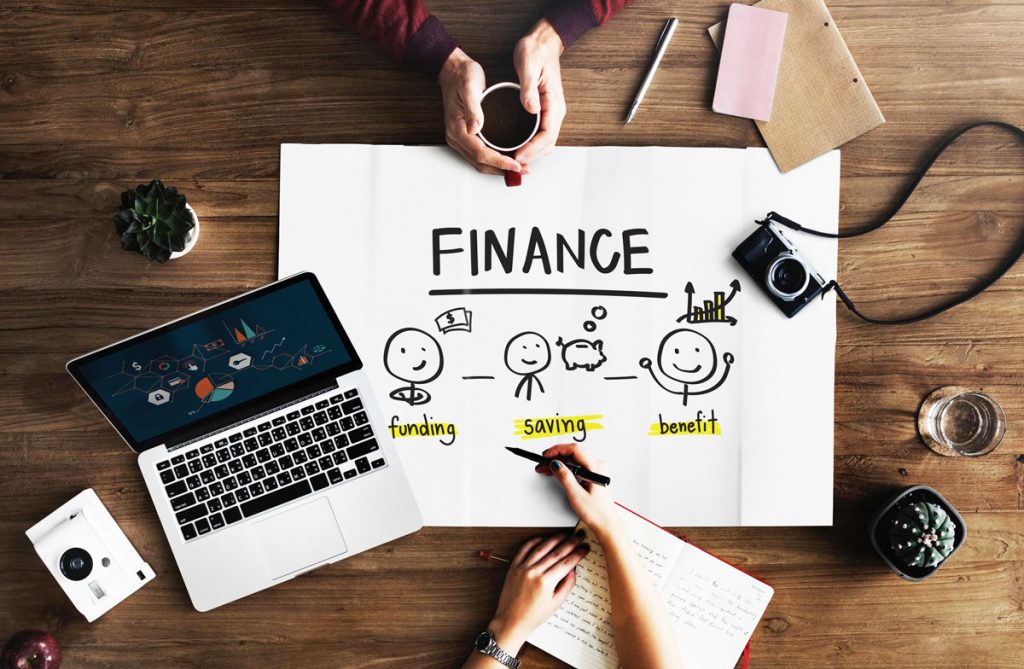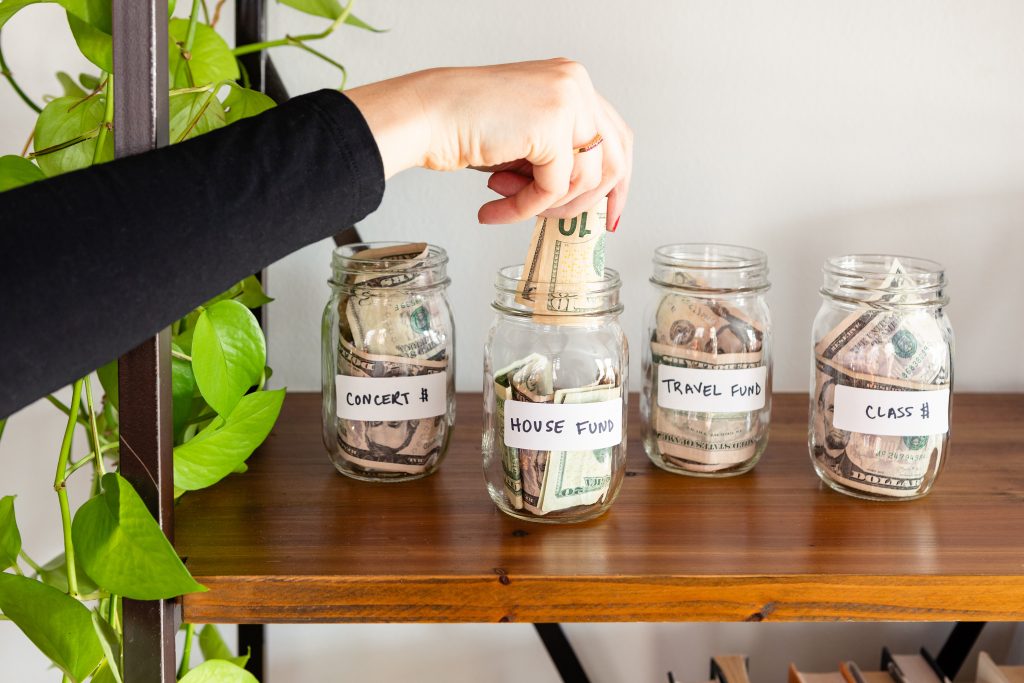Everyone wants to be financially secure, but it won’t happen until you have a strategy in place. If you’re ready to get your finances in order and make your money work for you, start today by implementing these following good financial habits.
Contents
Good Financial Habits To Start Today
Track your income

The two biggest financial blunders people make are failing to track their income and failing to track their expenses. Managing your income entails more than just knowing how much money you make; it also entails continuously monitoring and tracking your finances.
It might also be encouraging to supplement your income. Keep track of everything. Have you ever sold a piece of furniture that you no longer needed? That’s money! Include it! If you’ve gone on a major decluttering and selling spree, keep track of how much money you’ve made.
Track your expenses
It’s impossible to keep track of everything unless you maintain track of your costs. Over the course of a month, a brief trip to the grocery shop can build up to hundreds of dollars.
It’s critical to understand where your money is going. If you don’t know exactly what’s coming in and going out, you’ll never be in charge of your finances.
Pay yourself first
Don’t only automate your savings; begin paying yourself first rather than last. If you transfer a certain amount into your savings account every time you are paid, you might be amazed at how much more money you can save.
Even if you have the best of intentions to save whatever money is left over after each month’s expenses, life occurs, and you may find yourself spending it instead. You can avoid this by paying yourself first, then saving and spending the remainder.
Spend mindfully

Learning to spend carefully and in accordance with your particular principles can also provide you financial serenity and joy. This can be difficult to adopt at first, and you may face resistance from friends and family as you adjust your spending habits. But it will all be worth it in the end.
Spend some time thinking about how you truly want your life to be. Then, one by one, make tiny changes to your expenditures to mirror your ideal lifestyle, whether that means saving money for travel, relocating, or even eating out on a regular basis if you prefer good dining.
Set financial goals
Setting financial goals, no matter how big or small, is a crucial habit to establish. We often overlook modest financial goals in favor of larger ones, such as saving for a down payment on a home or paying off debt.
However, because these are such lofty aspirations, we might quickly feel discouraged and lose sight of them. Set smaller goals for yourself and reward yourself when you achieve them.
Switch from credit to debit
If you’re prone to overspending and credit card debt, shredding your credit card and switching to debit is one of the good financial habits you can form. Because you can only spend till your account is empty using debit cards, there is a natural limit on how much you can spend. There’s no risk of accumulating high-interest debt that will take years to repay.
Pay extra on your debt

It’s time to develop a new habit if you’ve fallen into the trap of merely paying the minimum on your debt. Paying extra on your debt to get it paid off faster is a good idea. Even if you don’t have a lot of spare cash, a few bucks might go a long way.
Make extra payments to your debt if you have extra money in your account to ensure you use it for debt rather than being tempted to spend it on other things.
Start investing
You must also ensure that you have taken care of your future self by investing for retirement and other future needs, just as you must pay yourself first. If you have access to one, the simplest approach to begin investing is to begin contributing to an employer-sponsored retirement plan. You might be missing out on free money if you aren’t already contributing.
Many firms will match their employees’ contributions. Even if you don’t have access to an employer-sponsored retirement plan, you should invest nevertheless. Make a regular contribution to your IRA or Roth IRA as soon as possible.





